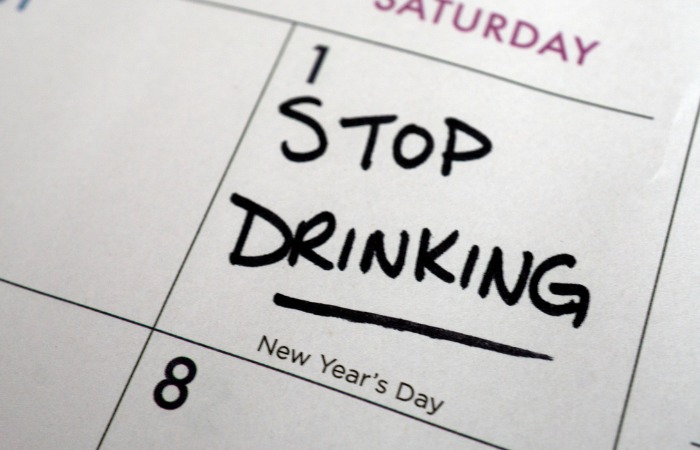
Drinking alcohol can easily become a habit. A cocktail after work. A glass of wine with dinner. A few beers while watching the game. The new year is an excellent time to rethink that habit. Dry January – 31 days of sobriety – gives you the opportunity to experiment. You can quickly discover what happens to your body, mind, and spirit when alcohol is out of the picture.
According to Bronwyn McInturff, LICSW, manager of UAB Medicine Addiction Recovery Program, your body will thank you. “Refraining from drinking alcohol can lead to significant health benefits – even within a month,” she says.
These benefits include:
- Weight loss. “Alcohol is high in calories and doesn’t provide nutrition,” McInturff says. “You can drop a few pounds by switching to a sugar-free, non-alcoholic beverage.”
- Improved sleep. McInturff notes that alcohol depresses the central nervous system, which is why it can make you drowsy and put you to sleep. “But that’s not the restorative sleep your body needs,” she says. “You may find that you sleep more soundly without alcohol.”
- Lower blood pressure: “Alcohol can have negative impacts on blood pressure and heart function,” McInturff says. “By the end of dry January, your blood pressure may have moved in a positive direction.”
- Better liver function: The liver filters out alcohol’s toxins. McInturff says that you might not feel the difference, but “your doctor might see an improvement in your liver enzymes” after abstaining for a month.
- Better emotional and spiritual health: In addition to boosting your physical health, dry January also can improve your emotional and spiritual well-being. “Many people drink alcohol for its calming effects,” McInturff says. “Since life turned upside down during COVID-19, America is drinking more than ever before.” A RAND Corp. study found that, for those 30 and older, drinking has increased by 14% during the pandemic. Among women, there was a 41% increase in heavy drinking.
McInturff warns that, while alcohol seems to reduce stress, the opposite is actually true. “Alcohol increases levels of the stress hormone cortisol,” she says. “Its long-term effect is to increase stress.”
She advises those who “try dry” in January to explore other options for stress reduction. “A 15-minute walk, deep breathing exercises, and mindfulness can reduce your body’s stress response,” she says. “Those might not seem as quick as a glass of wine, but they work over the long term.”
McInturff says that, because alcohol depresses your central nervous system, it also can disconnect you from yourself and the world around you.
“Taking a break from alcohol can be a time to look at how we’re connecting to ourselves, to other people, and to things that are greater than us,” she says. “For some, that spiritual impact is religion or God, and for others it’s something in their life that they’ve lost touch with.”
Positioning Yourself for Success
Ready to give dry January a try? To set yourself up for success, McInturff advises first setting an intention. “Decide what you want to accomplish and why,” she says. “Examine how dry January will help you live within your values and meet your goals.”
Next, find something you can measure. “Humans like to see data,” she says. “Maybe you want to see how sobriety affects your blood pressure, weight, or lab work, or maybe you’re curious about the impact sobriety has on your stress levels.”
Then, map out your strategy for sticking with your intention. That might include removing alcohol from the house, arranging for “dry dinners” with friends, or finding a dry January buddy who shares your objective. “People have a higher success rate in accomplishing their goals when they work with other people,” McInturff says.
Finally, plan out alternatives to alcohol. Stock up on flavored, carbonated water or non-alcoholic cocktails so you’ll have tasty beverages on hand. Rethink your habits around alcohol – such as grabbing a beer when you come home from work – and create new routines. “Taking a walk, meditating, or reading can quickly become a habit,” McInturff says.
If you’re a light or moderate drinker, trying dry January on your own can open the gateway to better health and well-being. However, if you consume more than five drinks per day, McInturff warns that you should contact UAB Medicine before stopping.
“We want to support you in your sobriety, but if you’re a heavy drinker it’s important to have medical supervision when you stop drinking,” McInturff says.
If you try dry January and find it overwhelming, or if you would like help to stop drinking, call 205-975-7350 to speak to a UAB Medicine Addiction Recovery Program counselor, or click here to learn more.
